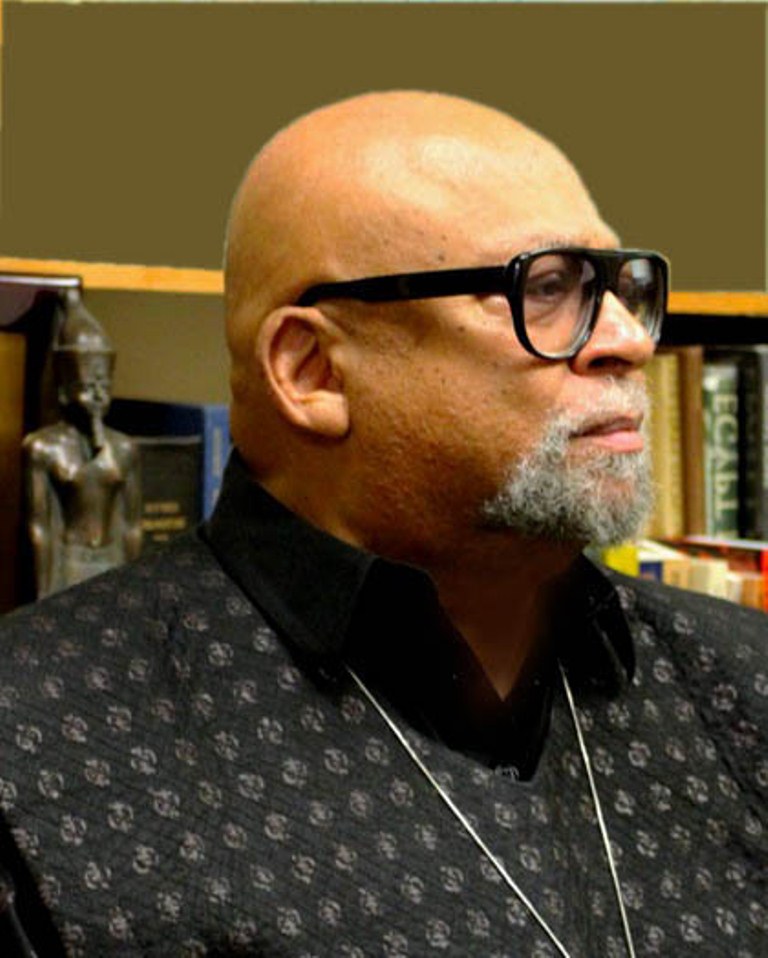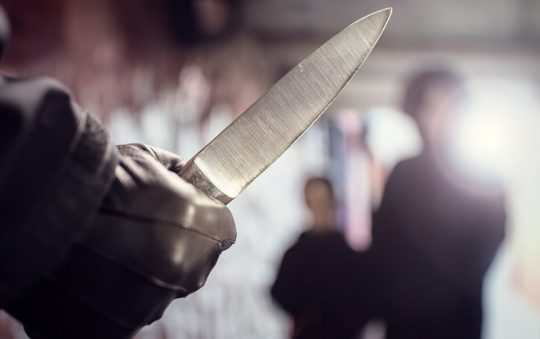
In remembrance and rightful honor of Mrs. Fannie Lou Hamer, one of the great freedom fighters of African and human history, we submit again a brief depiction of the powerful and beautiful way she taught us to think, live and struggle to bring good in the world.
In these uncertain and unsettling times of the self-silencing of the lambs, the fearful and fatigued surrender of summer soldiers, and the out-of-control hate-filled howling of ice age winter wolves, lessons and models of struggle and resistance from the sacred narrative of our history are both appropriate and compelling. Certainly, in this month of October, which is the month of her birth, the revered freedom fighter and human rights activist, Fannie Lou Hamer, wife and companion in struggle of Perry “Pap” Hamer and daughter of James Lee and Lou Ella Townsend, stands out as an excellent and instructive model for us all. For she challenges us to a constant courageous questioning of things.
Mrs. Hamer begins with constant and courageous questioning of her social situation, the conditions of racial oppression and racism, and the social savagery that this embodied and expressed. She questions America’s self-congratulatory self-depiction as the “land of the free and the home of the brave.” Thus, she says, “Now the question I raise: is this America, the land of the free and the home of the brave? Where people are being murdered, lynched, killed, because we want to register to vote”? and again “because we want to live as decent human beings”? She tells us, “I’ve heard several comments from people that was talking about ‘with the people, for the people and by the people’ when they describe this country and its government.” But she asserts, “Being a Black woman from Mississippi I’ve learned that long ago that’s not true; it’s with the handful, for a handful, by a handful. But we going to change that.”
And what shall we say about the claims of bravery in the face of a history of murderous terrorism against the unarmed and defenseless, the demonstrators, marchers, activists—young, middle aged and old; the imprisoned women beaten into bad health and in sexualized ways as she herself was brutalized; children attacked with dogs and high-power fire hoses; shootings, killings, lynchings and burnings of all, in the name and need of something White in its most ghastly and ghoulish forms? Mrs. Hamer also raises question about the sanity and humanity of a country and people who would kill without moral conscience or social constraint innocent Africans for “reasons” of racial hatred and dominance and also kill their own White sons and daughters who denounced this racist barbarism and found common cause with the oppressed African Americans in rejection and resistance.
Based on the level and extent of violence and hatred which infect the American body politic, Mrs. Hamer offered what might seem to be a startling assertion to those nurtured on decades of self-deceptive and self-congratulatory accounts of what America has done for its people and the world without recognition of what it has also done to its people and the world. She states that “America is a sick place and man is on the critical list.” It is, we learn from her lectures, a social, moral and spiritual sickness America suffers, self-generated by a daily diet of lies and illusions about race, class, gender and the world in which we live and die; about our choice to practice peace or drop bombs from drones; and to send soldiers to war and youth to prison or to improve education, feed the hungry, heal the sick, house the homeless, and do justice in and for the world.
She asked then, “How can we in good faith celebrate America’s bicentennial of vaunted progress; how do you think Black people, Indian people and any other oppressed folks feel celebrating something…that destroyed over twenty-five million of my people…wiped out our heritage and taking our name” and continues to oppress us in varied dignity-denying and disabling ways? It is a mockery of truth and a compounding of tragedy for us and other oppressed people to over claim progress for America when still the majority of our people lack the basic requirements they need and are denied an equitable share in the abundance they helped create and deserve.
Like her contemporaries, Dr. Martin King, Min. Malcolm X and others, she questioned, criticized and condemned the war in Vietnam, upheld the right of self-determination for the Vietnamese people and argued that the urgent need of real peace and real democracy depended on bringing the soldiers home. And she said, “When we bring them home, some of the billions of dollars that’s being spent in Vietnam can go into rural areas like Mississippi” as well as in the impoverished and needy urban areas. She called for a multiracial coalition of millions, not only to end the war, but also build a new America and a new world. Once we end the war, she reasoned, “We’ll be able to stand and fight together for things that are rightfully deserved, not in Vietnam…but right here in the United States to make democracy a reality for all of the people of the world regardless of race or color.”
Mrs. Hamer was deeply rooted in the Christian tradition and she demands that Christians, especially preachers and leaders, live the best of their faith and see and feel God present in the divine cause of freedom and justice. Thus, she says of the socially unconscious and other-world oriented preachers, “You know, they like to rear back in the corners and over the rostrum and say what God has done for Meshach, Shadrack and Abednego.” But, she continues, what they did not know or failed to see is that “God has done the same thing for Fannie Lou Hamer, Annelle Ponder and Lawrence Guyot” and other freedom fighters, who being thrown in the hell fires and furnaces of a savage segregation and bestial racism, refused to be cowered or consumed by raging fire or racist fiends.
And Mrs. Hamer calls for an open and active struggle, not simply money thru the mail or social network signing and blogging, but also an active on-the-ground engagement in building the good society and world we all want and deserve. Therefore, she makes an important distinction between being behind freedom fighters and being with them. She says that in the midst of the struggle, “I don’t’ want to hear you say “ ‘Honey, I’m behind you.’ Well, move; I don’t want you back there. Because you could be two hundred miles behind. I want you to say ‘I’m with you.’ And we’ll go up this freedom road together.”
Mrs. Hamer tells us there is so much injury, injustice, unfreedom and unnecessary suffering in this society and an inability to honestly, earnestly and openly question society. But she says, “When you take a close look at American society, it’s time to question these things.” Indeed, she says, “There is so much hypocrisy in society. And if we want a free society, we have to stop lying,” lying about who we are as a society and the terrible things society is doing to vulnerable peoples in this country and around the world. And then, we can honestly and audaciously advance together without the self-deception, illusion and lies, and self-consciously and relentlessly struggle to free, renew and remake ourselves, society and the world.







